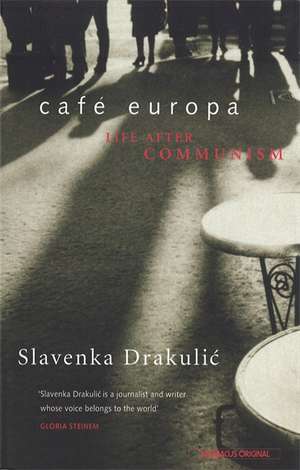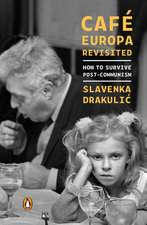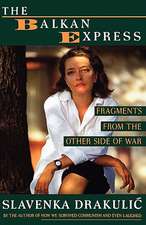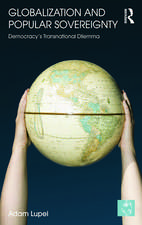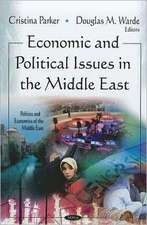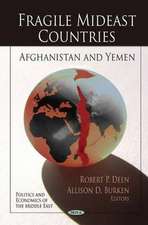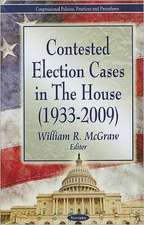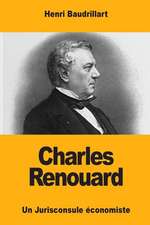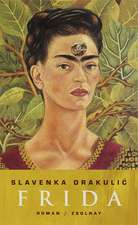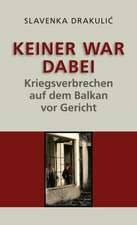Cafe Europa
Autor Slavenka Drakulicen Limba Engleză Paperback – 10 oct 1996
Toate formatele și edițiile
| Toate formatele și edițiile | Preț | Express |
|---|---|---|
| Paperback (2) | 51.94 lei 3-5 săpt. | +24.47 lei 7-13 zile |
| Little Brown Book Group – 10 oct 1996 | 51.94 lei 3-5 săpt. | +24.47 lei 7-13 zile |
| Penguin Books – 31 ian 1999 | 129.90 lei 3-5 săpt. |
Preț: 51.94 lei
Preț vechi: 69.12 lei
-25% Nou
Puncte Express: 78
Preț estimativ în valută:
9.94€ • 10.83$ • 8.37£
9.94€ • 10.83$ • 8.37£
Carte disponibilă
Livrare economică 02-16 aprilie
Livrare express 19-25 martie pentru 34.46 lei
Preluare comenzi: 021 569.72.76
Specificații
ISBN-13: 9780349107295
ISBN-10: 0349107297
Pagini: 224
Dimensiuni: 129 x 196 x 16 mm
Greutate: 0.18 kg
Editura: Little Brown Book Group
Locul publicării:United Kingdom
ISBN-10: 0349107297
Pagini: 224
Dimensiuni: 129 x 196 x 16 mm
Greutate: 0.18 kg
Editura: Little Brown Book Group
Locul publicării:United Kingdom
Notă biografică
Slavenka Drakulic was born in Croatia in 1949, is a writer and journalist whose two novels and three non-fiction books have been translated into major European languages. She contributes to The New Republic, La Stampa, Dagens Nyheter, Frankfurter Runschau and the Observer.
Cuprins
Introduction: First-Person Singular
Café Europa
Invisible Walls Between Us
Why I Never Visited Moscow
In Zoe's Bathroom
To Have and To Have Not
A Smile in Sofia
The Pillbox Effect
Money, and How to Get It
The Trouble With Sales
Café Europa
Invisible Walls Between Us
Why I Never Visited Moscow
In Zoe's Bathroom
To Have and To Have Not
A Smile in Sofia
The Pillbox Effect
Money, and How to Get It
The Trouble With Sales
Textul de pe ultima copertă
Today in Eastern Europe the architectural work of revolution is complete: the old order has been replaced by various forms of free-market economy and de jure democracy. But as Slavenka Drakulic observes, "in everyday life, the revolution consists much more of the small things - of sounds, looks and images. In this brilliant work of political reportage filtered through her own experience, we see that Europe remains a divided continent. In the place of the fallen Berlin Wall, there is a chasm between East and West, consisting of the different way people continue to live and understand the world. Are these differences a communist legacy, or do they run even deeper? What divides us today? To say simply that it is the understanding of the past, or a different concept of time, is not enough. But a visitor to this part of the world will soon discover that the Eastern Europeans live in another time zone. They live in the twentieth century, but at the same time they inhabit a past full of myths and fairy tales, of blood and national belonging.
